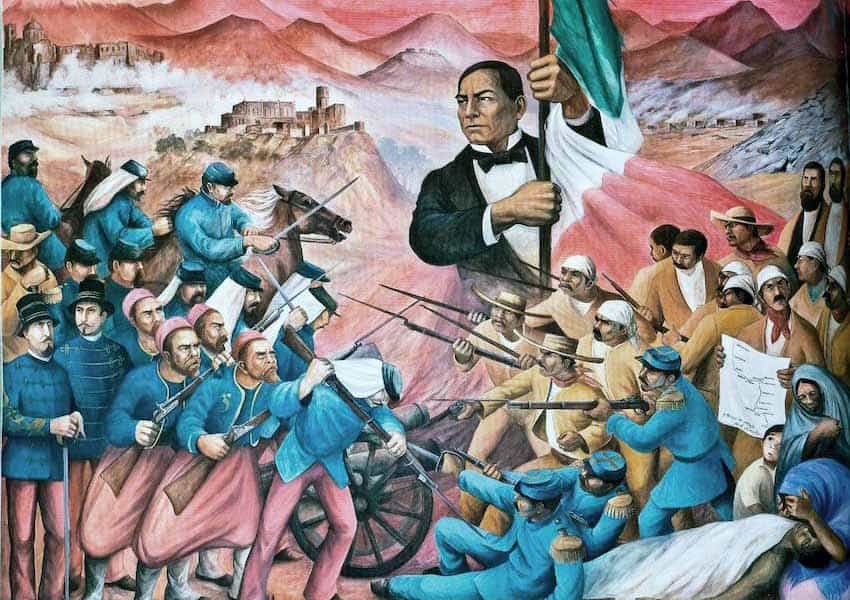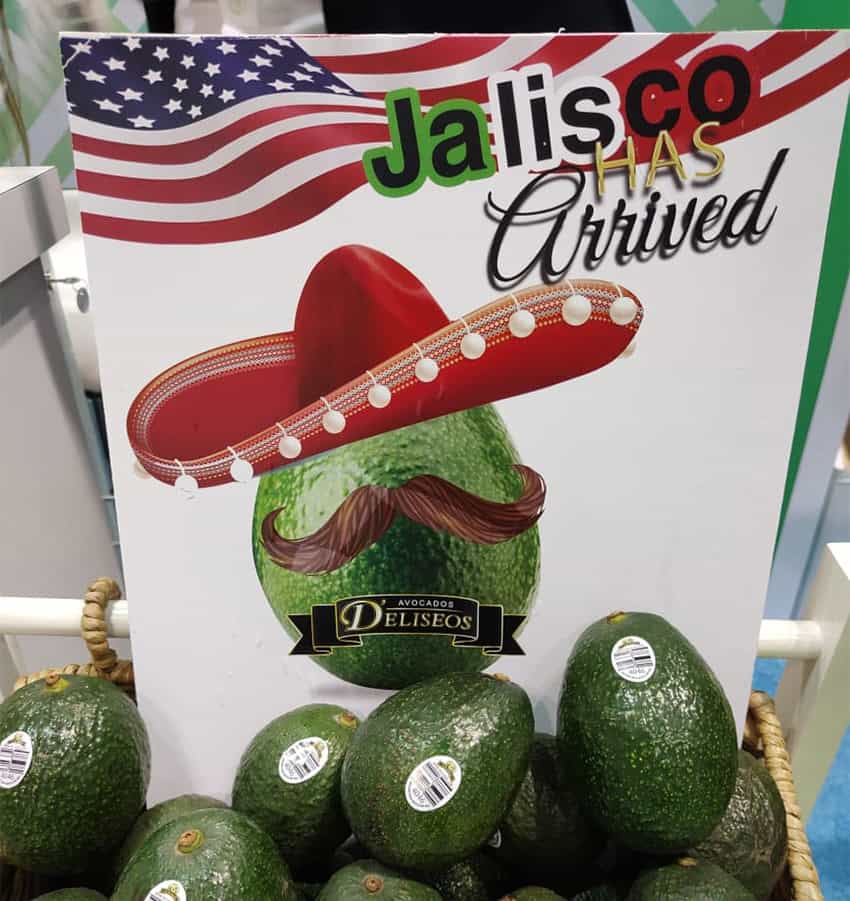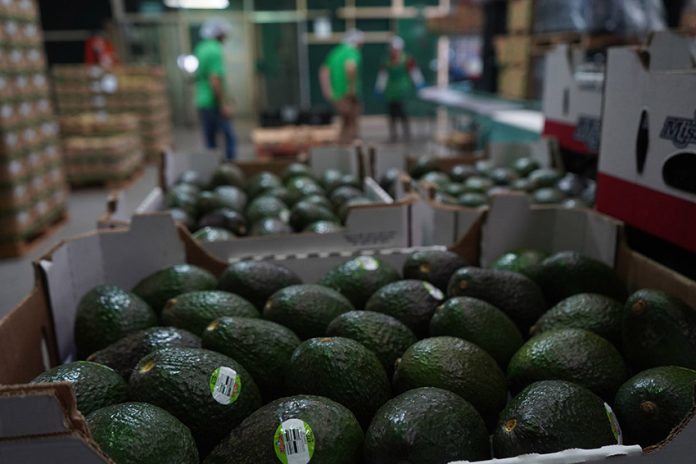With just days until Cinco de Mayo, avocado producers in the central states of Michoacán and Jalisco have been gearing up to supply the United States with all the avocados they can.
Mexico is the leading exporter of avocados to the U.S., and May 5, alongside Super Bowl Sunday, is one of the peak sales days.
Data suggests that people in the U.S. will consume roughly 130,000 tonnes of avocados during parties and other observances on Cinco de Mayo this Sunday — close to the 138,000 tonnes that were expected to be consumed on Super Bowl Sunday in February, according to several media reports.
Leading up to May 5, shipments of avocado to the U.S. from Michoacán and Jalisco have increased substantially, adding between 24,000 to 32,000 tonnes: 95.8% of that is the fruit itself, 2.9% is guacamole and 1.3% is avocado pulp.
Cinco de Mayo, a holiday without borders
Cinco de Mayo commemorates the Battle of Puebla, when the Mexican Army scored a rare victory over the French on May 5, 1862. At that time, France was beginning a quest to establish an empire in Mexico, and even though the French won most other battles, financial difficulties and pressure from the U.S. led them to withdraw in 1867.
Although it “represents one of the most glorious episodes in our history,” according to the Ministry of Public Education (SEP), Cinco de Mayo does not warrant a day off or a long weekend for workers in Mexico. It is an annual holiday at SEP schools, which this year will be closed on Monday.

Mexico’s main observances of Cinco de Mayo are in schools, where children are taught lessons about the battle and participate in activities around it.
In the United States, however, the holiday is a party-oriented affair, and just about every fiesta includes not only a lot of beer, but also guacamole and/or avocados: on tacos, burritos and tostadas, in pico de gallo and other salsas, and as a garnish to various meat dishes. For many, it is also a celebration of Mexican-American heritage.
This translates to a significant opportunity for Mexico and its 52,000 avocado orchards nationwide that have an export certificate.
Jalisco’s increasing avocado exports
Eleazar Oceguera Aguayo, president of the Association of Avocado Producers and Packers of Jalisco (Apeajal), said that with a 5% increase in that state’s harvest this year, Jalisco’s 1,108 certified orchards will be able to produce 450,000 tons of the “green gold” this year.
Apeajal also aims to continue opening markets such as China, India, South Korea and Chile.
Michoacán remains the national leader in avocado production, contributing over 81% of the country’s total crop.
Despite a 10.5% decrease in January-March production this year compared to the first quarter of 2023, Michoacán still boasted a significant harvest of 480,944 tons during that three-month period. Jalisco reported harvesting 96,370 tonnes in that same quarter.

Oceguera said that for the Super Bowl this year on Feb. 11, Jalisco sent over 15,000 tonnes of avocados to the United States, with Michoacán and the state of México supplying the rest of the 138,000 tonnes.
While production is robust, challenges remain. Environmental sustainability and worker rights are ongoing concerns within the industry. Michoacán is said to be striving for fair treatment for its estimated 75,000 agricultural workers, and it is also seeking to implement sustainable practices, although hotter, drier climate conditions have led to a lack of water in many growing areas.
With reports from Milenio, La Voz de Michoacán and El Financiero
